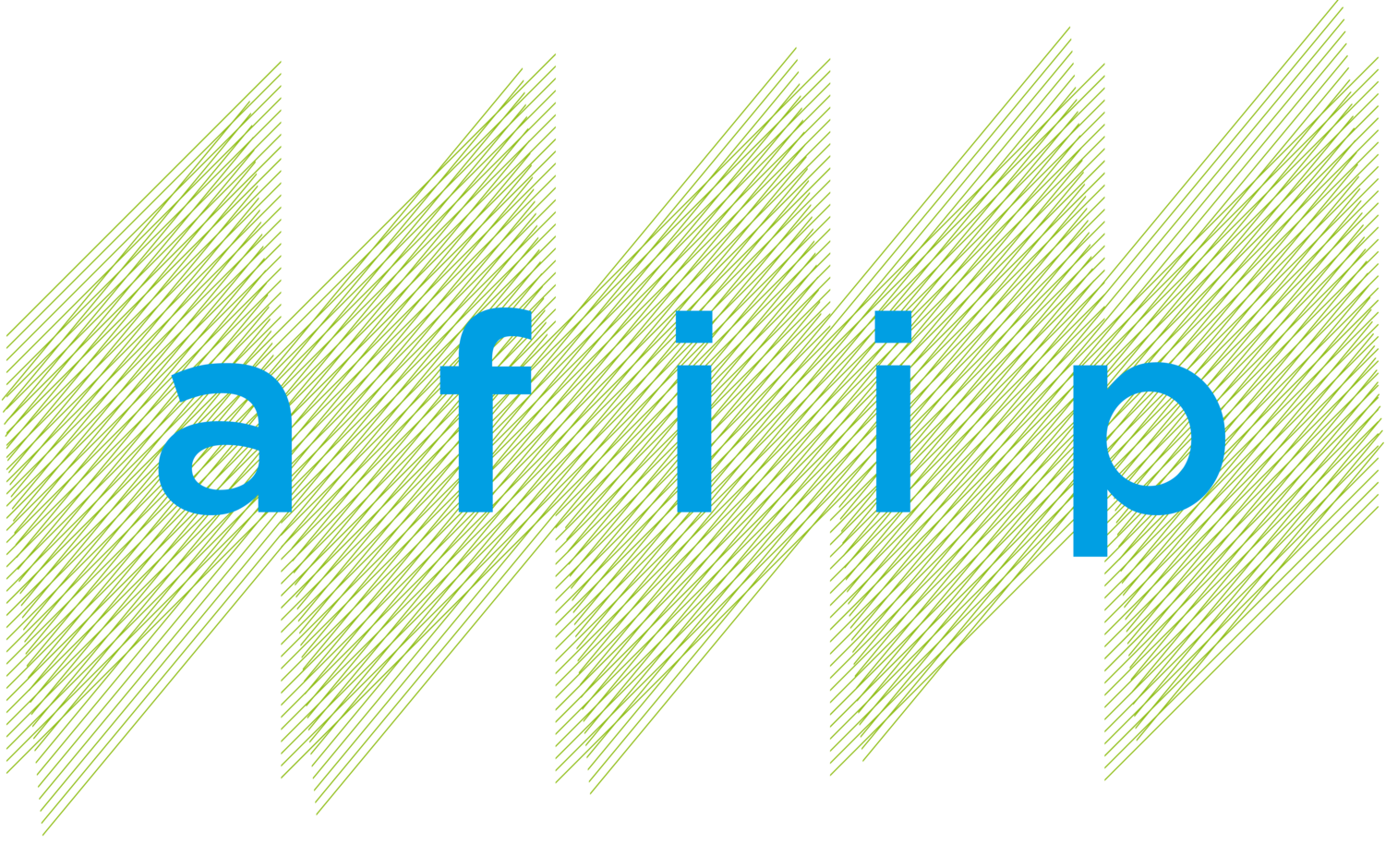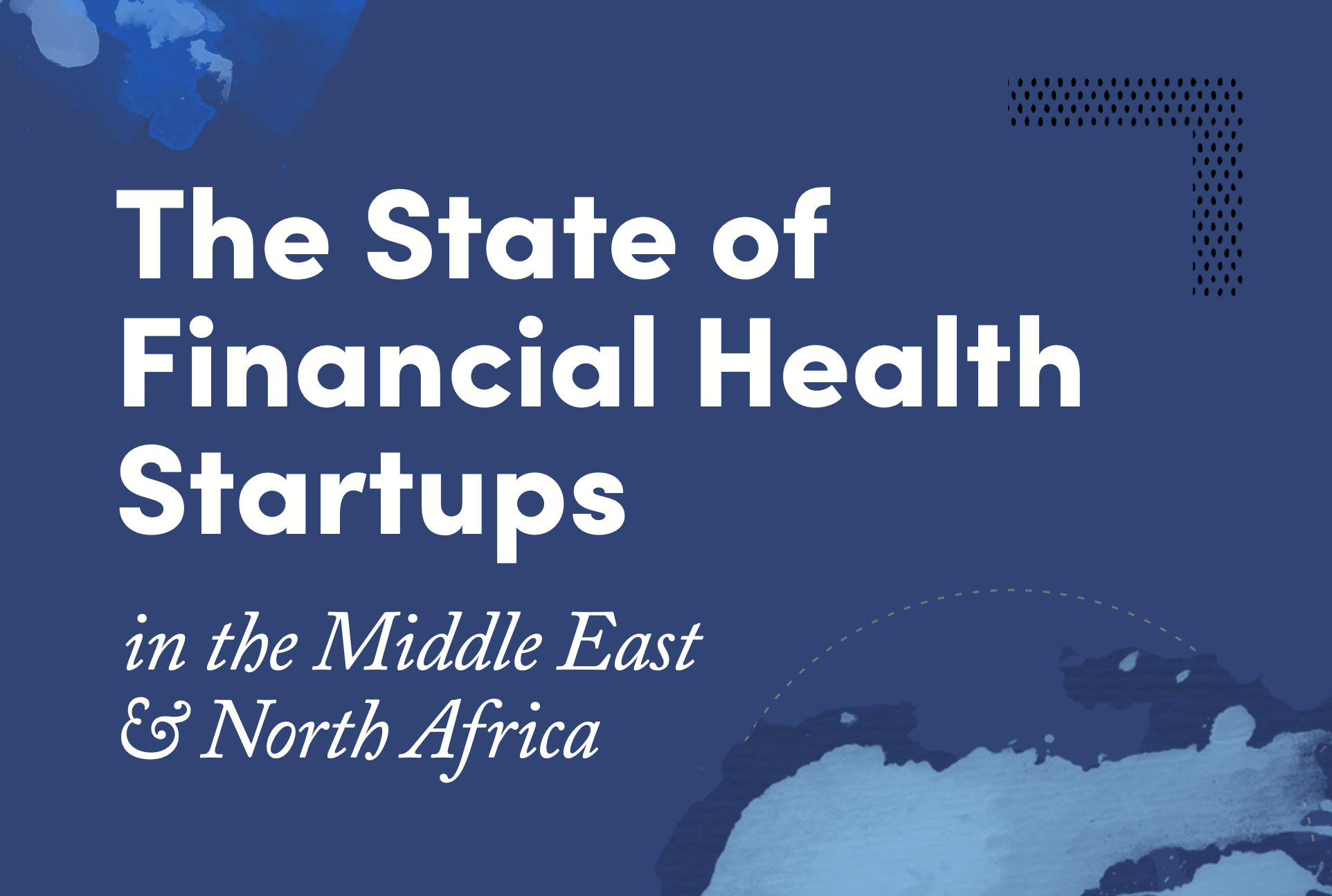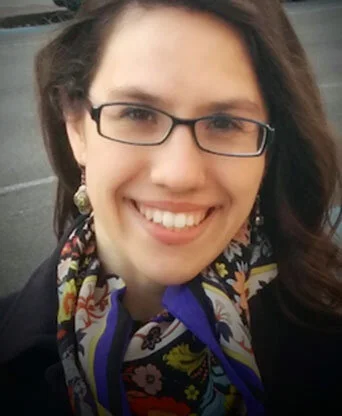2021 Q&A Session || Meet the team and learn more
We come together to discuss the 2021 edition of AFIIP and answer any questions
On the 10th June, the AFIIP team provided a short Q&A session to answer questions before the call for applications closed.
Before the open discussion, Reda Maamari and Alexander Reviakin of AFIIP summarised the prize and its past editions, and outlined key info about both streams of the 2021 edition, including the application process, the prizes and top tips.
Here are some of the main questions raised by our audience in the subsequent discussion.
Can B2B solutions apply? Yes. We recognise at AFIIP that all kinds of solutions can enhance the inclusive ecosystem.
What happens after the initial application form? After the first application, we will shortlist candidates who will then be asked to submit a more detailed pitch by the 31st July. These will then be reviewed by our world-class judges, who will choose the winners.
Can we apply in Arabic? Yes, applications can be submitted in English French or Arabic.
At what stage of development do solutions have to be? We accept solutions at all stages of development, from idea to incumbents. Earlier stage should show that they have tangible potential to succeed in the initial application form.
What are the requirements of the 2021 green stream? The green stream looks for financial solutions which can generate sustainable outcomes for the low-income and underserved. Solutions should show that green i integral to their value offering.
Please do not hesitate to email innovate@afiip.org if you have other questions.
Global COVID-19 FinTech Market Rapid Assessment Study
We were delighted to be MENA association partner for The Cambridge Centre for Alternative Finance’s recent study to assess how FinTechs globally have been impacted by COVID-19, and how they are responding to the resultant challenges and opportunities.
We were delighted to be MENA association partner for The Cambridge Centre for Alternative Finance’s recent study to assess how FinTechs globally have been impacted by COVID-19, and how they are responding to the resultant challenges and opportunities.
You can read and download the study here.
The study was a joint initiative of CCAF at the University of Cambridge Judge Business School, the World Bank Group and the World Economic Forum. This research was supported by the UK Foreign, Commonwealth & Development Office, and the Ministry of Finance of Luxembourg.
The State of Financial Health Startups in the Middle East & North Africa
Fintech has recently become the most-active sector for startup investment in MENA. While much of the media coverage has focused on digital payments and e-commerce, this report highlights fintech innovation that is improving “financial health” for the region’s most marginalized communities: tech that helps people manage their income and expenses, weather financial shocks and plan for a healthy financial future.
AFIIP is very proud to have been partnered with Village Capital since 2019 to increase their impact in the region.
Fintech has recently become the most-active sector for startup investment in MENA. While much of the media coverage has focused on digital payments and e-commerce, this report highlights fintech innovation that is improving “financial health” for the region’s most marginalized communities: tech that helps people manage their income and expenses, weather financial shocks and plan for a healthy financial future.
The startups in this report are working at the intersection of fintech and impact, and include some AFIIP finalists and winners.
You can read and download the report here.
Fintech in the Arab World: With and Beyond COVID-19
The Arab world has shown itself to hold many opportunities for growth and development in the Fintech sphere, whether that be digital identity or peer-to-peer lending; savings or SME financing. AFIIP was proud to collaborate with the MENA Fintech Association (MFTA) for a webinar to discuss the present and future of fintech in the region.
The Arab world has shown itself to hold many opportunities for growth and development in the Fintech sphere, whether that be digital identity or peer-to-peer lending; savings or SME financing. COVID-19 is rapidly changing the Fintech Landscape, pushing businesses and individuals worldwide to adopt digitised processes and solutions.
The Arab Financial Inclusion Innovation Prize (AFIIP) is delighted to collaborate with the MENA Fintech Association (MFTA) for our upcoming webinar Fintech in the Arab World: With and Beyond COVID-19. We have an excellent line-up for you.
- Nadine Chehade, Senior Financial Sector Specialist from CGAP, will present key findings from a recent landscaping of fintechs in the region.
- Tania Ziegler, Global Benchmarking Lead at the Cambridge Centre for Alternative Finance, will highlight the academic work of CCAF to inform dynamic regulations and policies surrounding Fintech.
- Arjun vir Singh from the MFTA will then lead a panel discussion with the two speakers, Maher Loubieh, co-founder of the Fintech Hala, and Mohamed al-Feky, CEO of the Fintech valU In advance of the webinar we encourage all our Fintech community to respond to the Cambridge Centre for Alternative Finance's ongoing survey to assess the impact of COVID-19 on Fintechs globally. With huge thanks to our speakers and our supporters CGAP, SANAD, Spectrum Digital Holdings and Tamer Amr.
Interested in taking the CAMBRIDGE SURVEY? Click here
Speakers & Moderators
Nadine Chehade
Speaker
Nadine is a Senior Financial Sector Specialist, representing CGAP in the Arab world. She works to deepen CGAP’s engagement in the region, collaborating with various partners, including regulators and policy-makers, donors and investors, regional associations, and businesses.
She currently focuses on fintechs and digitial financial services, in addition to leading CGAP’s global work on financial services in humanitarian crises. More broadly, she covers matters related to regulation, business, and markets, with the overarching goal of advancing financial inclusion. Her research work has included regulatory frameworks, cash transfers, digital financial services, postal financial inclusion, microfinance, and financial inclusion measurement.
She joined CGAP in 2012, bringing ten years of experience in investment banking, management consulting, and microfinance rating. Nadine holds an MBA from ESSEC in France. She is fluent in Arabic, English, French, and conversational in Spanish.
Tania Ziegler
Speaker
Tania is the Lead of Global Benchmarking at the Cambridge Centre for Alternative Finance, Cambridge Judge Business School and manages the Centre’s alternative finance benchmarking program. This programme tracks the growth and development of capital raising alternative finance activities spanning Europe, North, Central and South America, Asia and the Pacific, and the Middle East and Africa.
She has authored 18 industry reports since joining the CCAF. Tania is an expert on SME finance and also leads the Centre’s work on ‘SME Access to Finance in LATAM’. Tania completed an MSc at the London School of Economics, and a BA at Loyola College Maryland. Tania is a 2010 Fulbright Scholar.
The future of digital identity in the Arab world
The topic of Digital Identity has never been more relevant given the recent massive rise in our reliance on the Internet. As different stakeholders analyse how effective digital IDs can enable and empower populations, it was a pleasure to host three insightful speakers for this webinar. Louis de Koker, Ibrahim Eid and Nidal Qanadilo shared their perspectives on the dynamics of digital identity, case studies, and thoughts on why adopting the right innovation framework can accelerate growth in that space.
The topic of Digital Identity has never been more relevant given the recent massive rise in our reliance on the Internet. More than 4 billion people were already using the digital realm to interact, consume content, trade, communicate, and pay.
The global lockdown seems to be accelerating a full-fledged transformation into a digital society and economy. Digital Identification is the cornerstone of this transformation. When done right it is instrumental for the the proper functioning, sustainability, and security of our evolving way of life, and can have huge implications for financial inclusion.
As different stakeholders respond to the current situation and analyse how effective digital IDs can enable and empower populations, it was a pleasure to host three insightful speakers on Thursday 16th April. Louis de Koker, Ibrahim Eid and Nidal Qanadilo shared their perspectives on the dynamics of digital identity, case studies, and thoughts on why adopting the right innovation framework can accelerate growth in that space.
With huge thanks to our speakers and our supporters CGAP, SANAD, Spectrum Digital Holdings and Tamer Amr.
Reda Maamari
Moderator
A pioneer in the field of micro-finance in the region, as a founding member of Al Majmoua and Sanabel, Reda has focused his attention over the last decade on innovation in the private sector across the fields of insurance and finance. He is the founder of the Arab Financial Inclusion Innovation Prize.
Ibrahim Eid
Speaker
Ibrahim Eid is the co-founder and COO of Valify. Valify is an e-KYC (electronic Know-Your-Customer) software solution which enables service providers to digitally identify their customers, verify official documents remotely and extract valid data without compromising integrity or security. The company from Egypt won first prize at this year’s Arab Financial Inclusion Innovation Prize (AFIIP), receiving a grant of $30,000.
Louis de Koker
Speaker
Louis de Koker is a senior financial crime policy consultant to Consultative Group to Assist the Poor (CGAP), an independent think tank housed at the World Bank promoting financial inclusion. He holds a chair in law at the La Trobe Law School (Australia) where he is the coordinator and RegTech program leader of the La Trobe LawTech team.
From 2014-2019 he was the national program leader of the Law and Policy research program of the Australian government-funded Data to Decisions Cooperative Research Centre.
This program considered the legal and policy aspects relating to Big Data analysis and Australian national security objectives.
Nidal Qanadilo
Speaker
Nidal is a leader in MENA’s entrepreneurship space, building ecosystems and helping hundreds of aspiring entrepreneurs build successful companies. He propels startups growth through actualising multi-layered acceleration programs and access to networks, markets, and capital. Nidal is currently raising a MENA-focused, early-stage tech VC fund.
He’s an expert in developing corporate innovation systems and building organisational Absorptive Capacity - carving entrepreneurial-thinking powered pathways to anticipate and adapt to market disruptions, opportunities, and emerging technologies. Nidal is managing partner at South Point, and an AFIIP judge for two years running. He advises leading local and global private sector and developmental organisations and sits on innovation-focused advisory boards.















